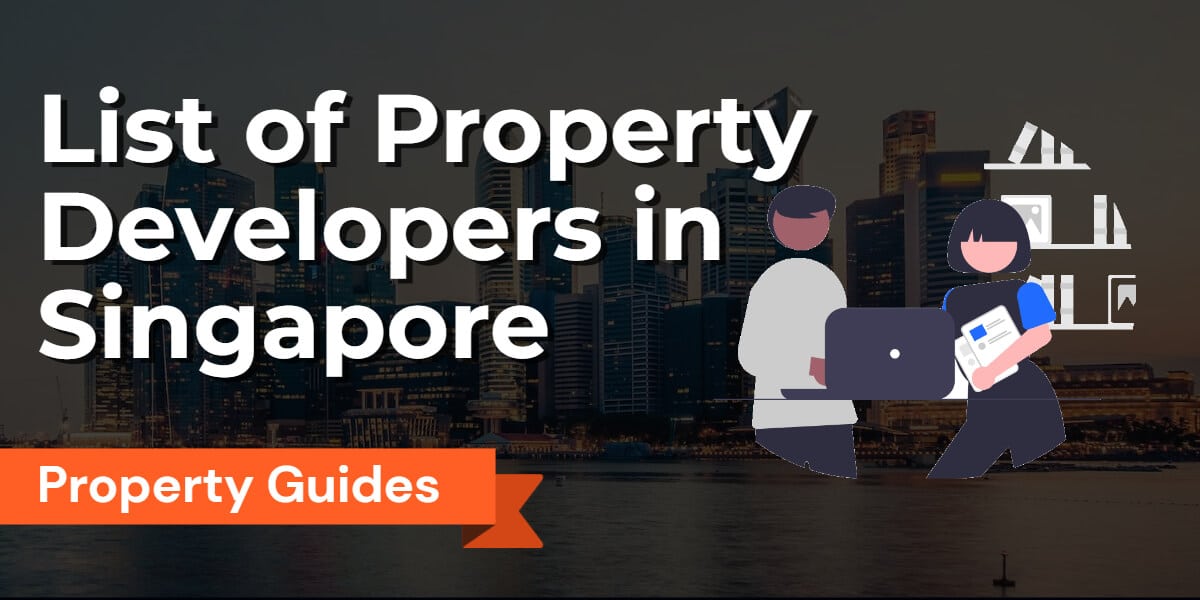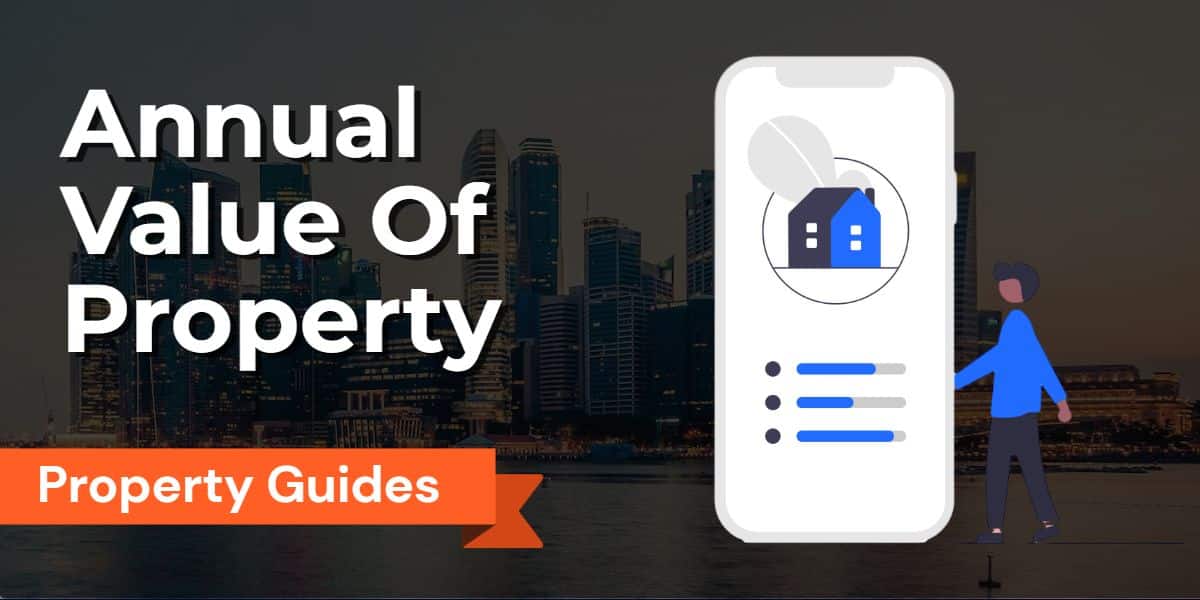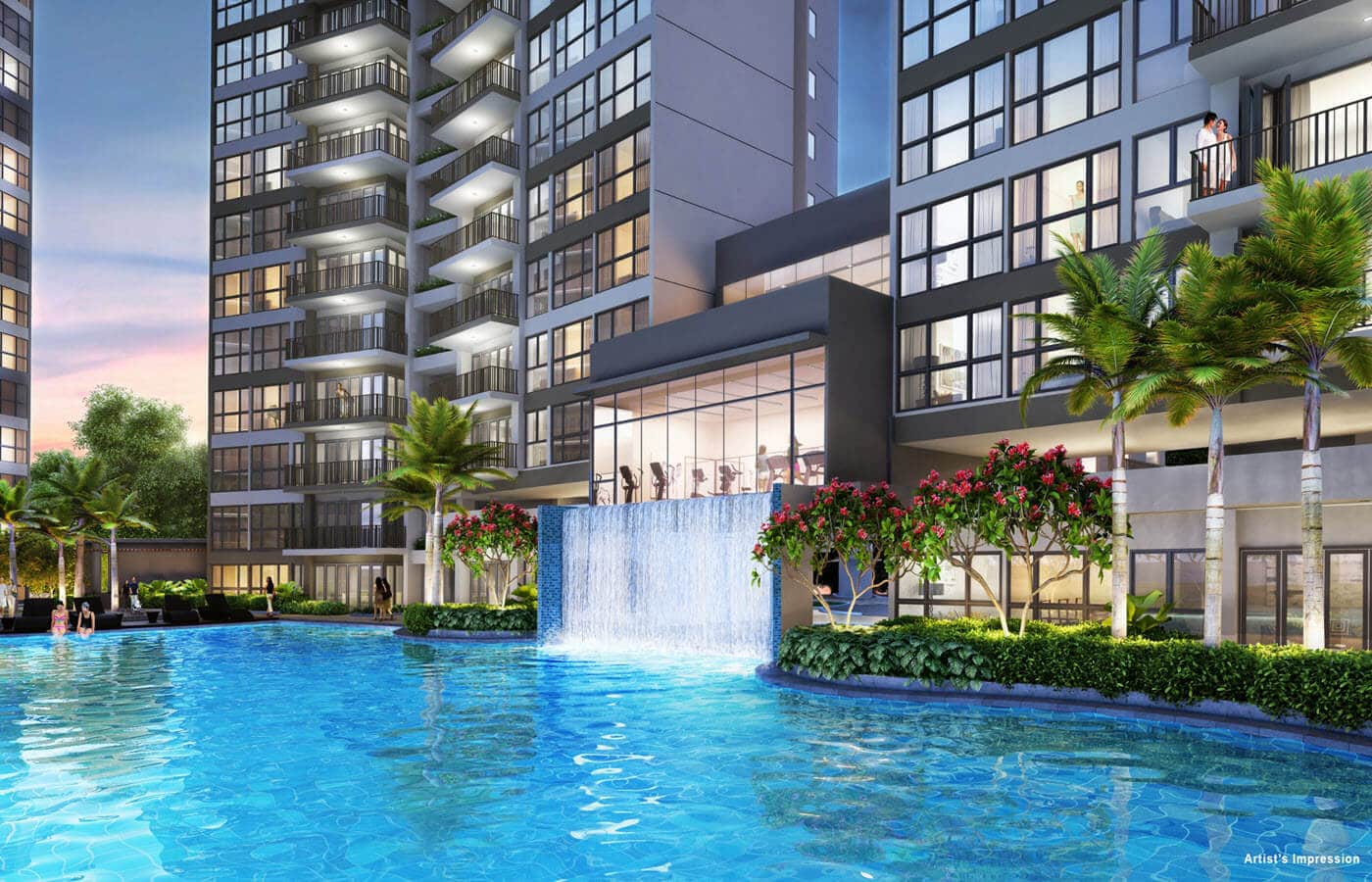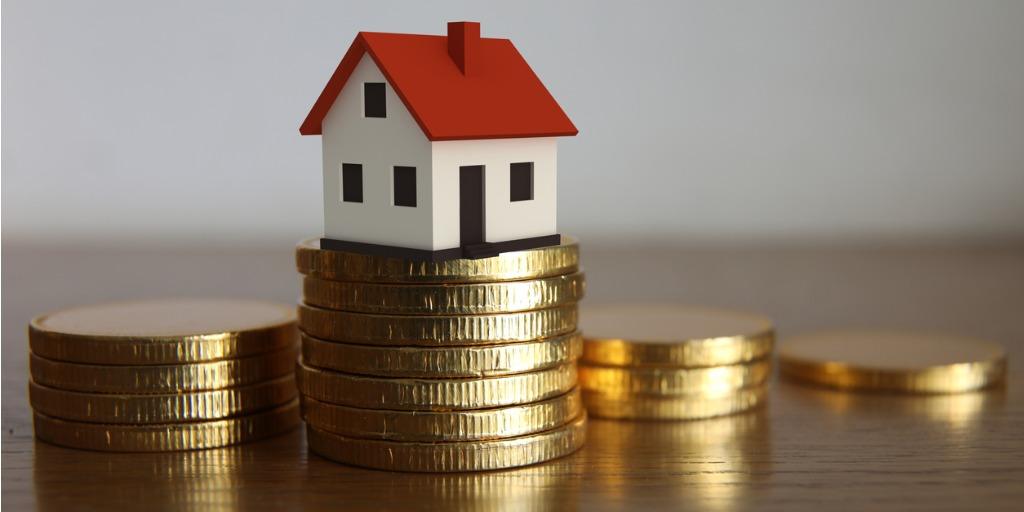
Discover the world of Executive Condominiums (ECs) in Singapore with our ultimate guide.
Learn about the eligibility criteria, the benefits of buying an EC, and how the EC housing scheme works.
We’ll also explore the differences between new and resale ECs, provide insights on upcoming EC projects, and discuss the process of buying an EC from application to completion.
Key Takeaways
| Topic | Key Takeaway |
|---|---|
| Executive Condominiums (ECs) and private condos | ECs are public-private housing subsidized by the government, making them more affordable than private condos. ECs have specific eligibility conditions and a minimum occupation period of 30 months. |
| EC housing scheme in Singapore | Managed by HDB, the scheme allows private developers to build and sell subsidized housing units to eligible Singaporean citizens. It includes grants and subsidies to make ECs more affordable. |
| Benefits of buying an EC in Singapore | Lower cost compared to private condos, grants and subsidies available, premium facilities and convenient locations near transportation hubs. |
| Advantages of purchasing a new EC | More modern with latest amenities, warranty period, higher chance of approval for housing grants. |
| Comparison between new ECs and resale ECs | New ECs are more expensive but come with the latest amenities. Resale ECs are often located in established estates and have a lower purchase price. Maintenance and renovations may be required for resale ECs. |
| Factors to consider when buying a new EC | Location, facilities, developer reputation, pricing. |
| Upcoming EC developments in 2023 | Parc Central Residences in Tampines, Parc Greenwich in Tengah, and Tenet in Choa Chu Kang. |
| Eligibility criteria for purchasing an EC | Singaporean citizen, income ceiling of $16,000, no ownership of private property within the last three years. |
| Minimum occupation period (MOP) for ECs | 30 months of occupancy required before selling or renting to Singaporeans or Permanent Residents. |
| Income ceiling for purchasing an EC | $16,000 combined gross monthly income. |
| Resale ECs and how they work | Previously-owned EC units that have passed their MOP and can be sold to Singaporeans and Permanent Residents. |
| Considerations when purchasing a resale EC | Age and condition of the unit, location, price, additional costs such as resale levy and renovation expenses. |
| HDB resale levy and its impact on EC buyers and sellers | Fee paid to HDB when buying a second subsidized housing unit, affecting both sellers and buyers of ECs. |
| The process of buying an EC | Eligibility requirements, application process, financing options, and entry prices. |
| Comparing ECs and private condos in Singapore | ECs have a minimum occupation period and are sold on a leasehold basis, while private condos may be freehold or leasehold. |
| Popular ECs and their demand | ECs are popular among Singaporeans, with new launches often selling out quickly. |
| Upcoming EC projects to look out for | Notable EC developments in Tampines, Jurong East, and Yishun Avenue. |
| Buying an EC if you own an HDB flat | Eligibility requirements, MOP fulfillment, and implications for HDB flat ownership. |
Understanding Executive Condominiums (ECs) in Singapore: An Ultimate Guide

What are ECs, and how do they differ from private condos?
Executive Condominiums (ECs) are public-private housing that caters to Singaporean citizens who want to upgrade from their HDB flats to private housing units.
ECs are built by private developers but are subsidized by the government, making them more affordable than private condominiums.
The main difference between ECs and private condos is that ECs come with specific eligibility conditions that one needs to meet before being able to purchase.
Additionally, ECs have a Minimum Occupation Period (MOP) of 30 months, after which they can be sold to Singaporean citizens and Permanent Residents.
How does the EC housing scheme work?
The EC housing scheme in Singapore is managed by the Housing and Development Board (HDB).
The scheme allows private developers to build and sell subsidized housing units to eligible Singaporeans.
In return, the developers are granted a land sale at a lower cost, which allows them to keep the sale prices of the ECs lower than private condominiums.
The scheme also includes various housing grants and subsidies to make the purchase of an EC more affordable for eligible buyers.
What are the benefits of buying an EC in Singapore?
One of the main benefits of buying an Executive Condominium in Singapore is the lower cost compared to private condominiums.
ECs also come with various grants and subsidies, such as the CPF Housing Grant, to further lower the purchase price.
Another advantage of ECs is that they often come with premium facilities such as swimming pools, landscaped gardens, and gyms, making it an attractive option for those looking for a luxurious living experience.
Additionally, ECs are often located near major transportation hubs such as MRT stations, making commuting to work or school convenient for residents.
The Benefits of Buying a New EC in Singapore
What are the advantages of purchasing a new EC?
Purchasing a new EC in Singapore comes with many benefits.
New ECs are often more modern and come with the latest amenities and facilities.
New ECs also come with a warranty period, giving buyers peace of mind in knowing their property is protected against defects.
Another advantage is that new ECs are more likely to get approval for housing grants, which can significantly reduce the purchase price.
How do new ECs compare to resale ECs?
New ECs and resale ECs differ in several ways.
New ECs are often more expensive than resale ECs but come with the latest amenities and facilities.
Resale ECs, on the other hand, are often located in established estates and come with a lower purchase price tag.
However, resale ECs may require more maintenance and renovations than new ECs.
What factors should homebuyers consider when
buying a new EC?
When buying a new EC, homebuyers should consider location, facilities, developer reputation, and pricing factors.
It is important to research different EC developments before purchasing to ensure buyers choose the right development that meets their needs and preferences.
Exploring the Latest Executive Condominium Developments in 2023
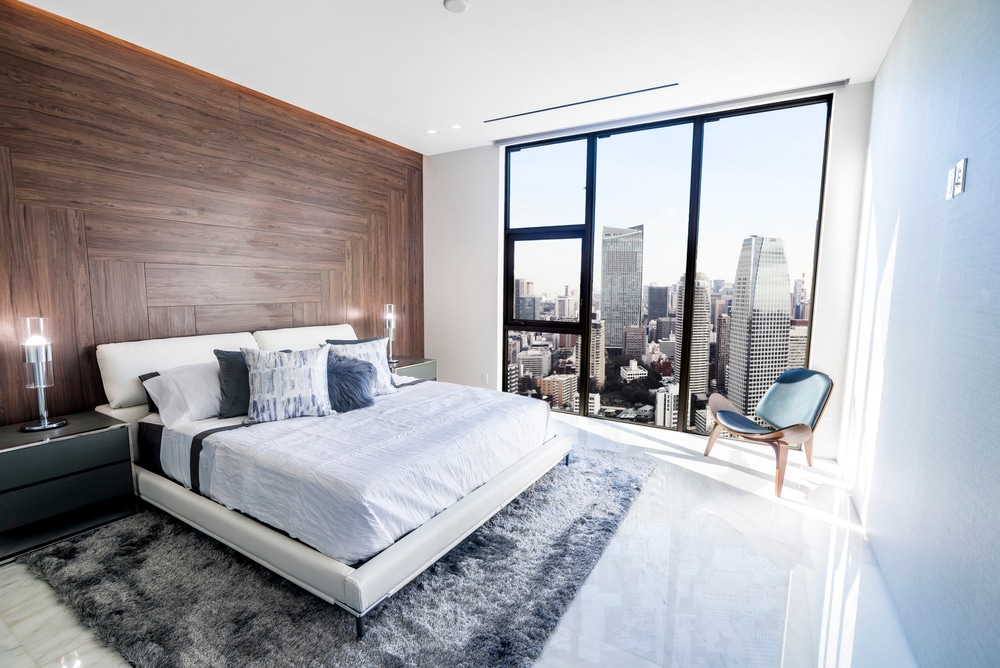
What new EC developments are launching in 2023?
2023 is expected to be a big year for Executive Condominiums in Singapore, with several new developments slated to launch.
Some of the upcoming EC projects include Parc Central Residences in Tampines, Parc Greenwich in Tengah, and Tenet in Choa Chu Kang.
These new ECs are expected to come with state-of-the-art amenities and facilities, making them a popular choice for Singaporean homebuyers.
What are the available floor plans and units?
The available floor plans and units for each new EC development vary depending on the developer and the location.
Typically, new ECs offer a range of unit sizes from one-bedroom to four-bedroom units to cater to different family sizes.
It is important to check the available floor plans and units to ensure that the homebuyers select the unit that best meets their needs and lifestyle.
What does the site plan and location of the EC look like?
The site plan and location of the EC can significantly impact the quality of life of its residents.
EC developments are often located near transportation hubs, schools, and amenities, making them convenient and accessible for its residents.
It is important to research the location and site plan of the EC development before making a purchase to ensure that the homebuyers choose the most suitable area for their lifestyle.
Eligibility Criteria for Purchasing an Executive Condominium (EC)
What are the eligibility criteria for buying an EC?
To be eligible to buy an Executive Condominium in Singapore, homebuyers must be Singaporean citizens.
Additionally, they must have met the income ceiling of $16,000.
Lastly, they should not own or have disposed of any private property three years before applying for the EC.
What is the minimum occupation period (MOP) for ECs?
The Minimum Occupation Period (MOP) for ECs in Singapore is 30 months.
This means that residents must occupy the EC for at least 30 months before they can sell or rent out the unit to Singaporeans or Permanent Residents.
What is the income ceiling for purchasing an EC?
The income ceiling for purchasing an Executive Condominium in Singapore is $16,000.
This means that all applicants’ combined gross monthly income cannot exceed $16,000.
Resale ECs: A Viable Option for Homebuyers in Singapore
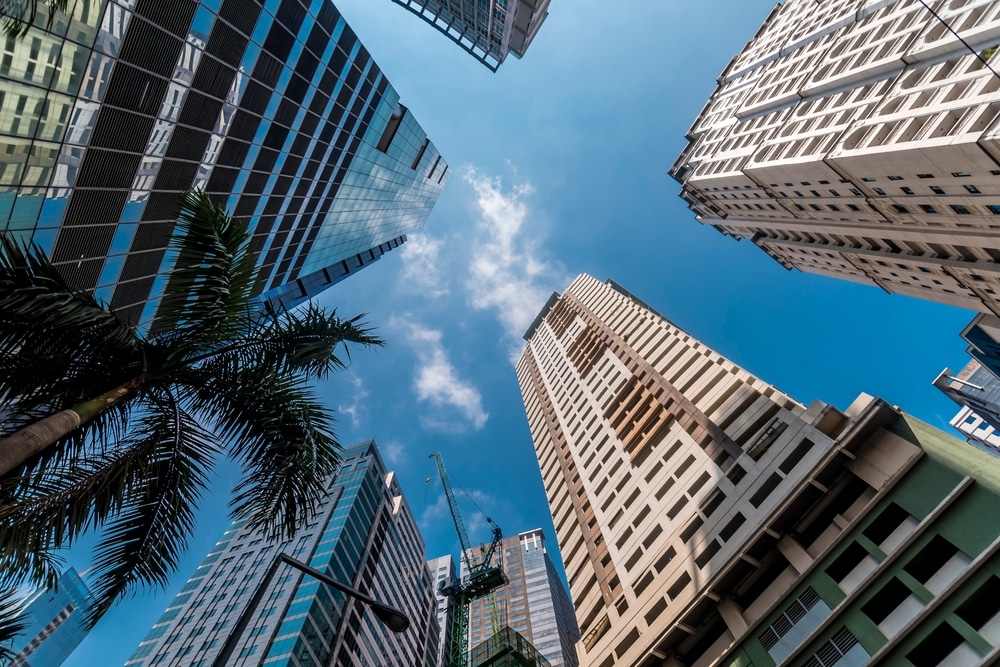
What are resale ECs and how do they work?
Resale ECs are previously-owned Executive Condominium units that have passed their MOP and can be sold to Singaporeans and Permanent Residents.
Resale ECs work similarly to other resale flats in Singapore, where the price of the unit is determined based on market value and its condition.
How do resale ECs differ from new ECs?
Resale ECs differ from new ECs in that they are often located in established estates and come with a lower price tag.
However, resale ECs may require more maintenance and renovations compared to new ECs.
Additionally, homebuyers purchasing a resale EC may not be able to apply for certain housing grants and may have to pay a resale levy.
What are the considerations for homebuyers when
purchasing a resale EC?
When purchasing a resale EC, homebuyers should consider various factors, such as the age and condition of the unit, the location, and the price.
It is important to do a thorough inspection of the unit before making a purchase and to factor in additional costs, such as the resale levy and renovation expenses.
Navigating the HDB Resale Levy when Buying an EC
What is the HDB resale levy?
The HDB resale levy is a fee paid to HDB when a buyer purchases a second subsidized housing unit from HDB or a Developer.
The resale levy helps to partially offset the subsidy provided by HDB for the first subsidized housing unit, thus ensuring that the housing scheme remains sustainable and affordable in the long run.
How does the HDB resale levy affect EC buyers and sellers?
When an EC owner sells their unit, they may be required to pay a resale levy to HDB.
The resale levy amount is determined based on the type of first subsidized housing they had purchased.
The resale levy is then deducted from the sale proceeds of the EC unit.
Buyers purchasing a second subsidized housing unit must also pay the resale levy.
What is the process for paying the HDB resale levy?
The process for paying the HDB resale levy varies depending on individual circumstances.
For EC sellers, the amount of the resale levy will be calculated by HDB, and applicants will need to pay the amount in full before the Completion date of the property transfer.
As for the buyers, they will need to pay the resale levy after completing the purchase of the EC before the transfer of possession.
Executive Condominiums (ECs) are a popular choice for homebuyers in Singapore who want to enjoy the luxuries of private condominium living at an affordable price.
While ECs come with specific eligibility conditions and a Minimum Occupation Period, they are still a great option.
The Process of Buying an EC: From Application to Completion

Eligibility Requirements for Executive Condominiums
Before you can buy an EC, you need to meet certain eligibility criteria.
You must be a Singapore citizen aged 21 or above, with a monthly household income of no more than S$16,000.
You must also not own any other residential property within the last 30 months, whether locally or overseas.
These restrictions ensure that ECs remain affordable to Singaporeans who aspire to upgrade from public housing to private homes.
Overview of the EC Application Process
To apply for an EC, you must register your interest during an EC launch, which happens periodically throughout the year.
You can do so online through the Housing Development Board (HDB) or at the show flat of the development you’re interested in.
You can apply for an EC unit based on your preferred location, type, and size if you’re eligible.
Once you secure a unit, you must pay an option fee of S$1,000 to reserve it.
Financing Your Executive Condo: Housing Loan and Entry
Prices
One of the perks of buying an EC is using a housing loan from a bank to finance your purchase.
The loan can cover up to 75% of the purchase price, with the remaining 25% payable through cash or CPF savings.
To ensure that ECs remain affordable, the government sets a ceiling on the entry prices for new EC launches.
For instance, the latest EC launch in March 2023 had an average entry price of S$1,100 per square foot.
However, these prices vary depending on the location and demand for each development.
Comparing Executive Condominiums (ECs) and Private Condominiums in Singapore
Property Value Tool: Helping You Decide Between an EC
and a Private Condo
Before you decide whether to buy an EC or a private condo in Singapore, weighing each option’s pros and cons is important.
A useful tool that can help you do so is PropertyGuru’s Property Value Tool, which lets you compare the prices and features of different residential properties in Singapore.
You can specify your preferences, such as the location, size, and type of property you’re interested in, and get a side-by-side comparison of the costs and benefits of each option.
Public Housing vs. ECs vs. Private Condos: Understanding
the Differences
Despite their similarities, ECs and private condos differ in some key aspects.
Firstly, ECs are subject to a five-year minimum occupation period (MOP), during which you can’t sell, rent out, or transfer ownership of your unit.
This rule ensures that ECs are used primarily for housing purposes, not speculation or investment.
Secondly, ECs are sold on a leasehold basis, typically for 99 years, whereas private condos can be freehold or leasehold.
This means that the value of an EC may depreciate over time, whereas a private condo may appreciate it if the demand for it increases.
The Legitimate Traffic in Executive Condominiums
Executive Condominiums are becoming increasingly popular among Singaporeans who want a higher standard of living at a lower cost than private condominiums.
The legitimate traffic in ECs reflects this trend, with many new launch ECs selling out within days of their launch.
For example, Copen Grand in Bukit Batok sold out within a week of its launch in September 2021, while Tampines Street 62 EC sold over 70% of its units within the first month of its launch in November 2020.
Upcoming Executive Condominium Projects to Look Out For
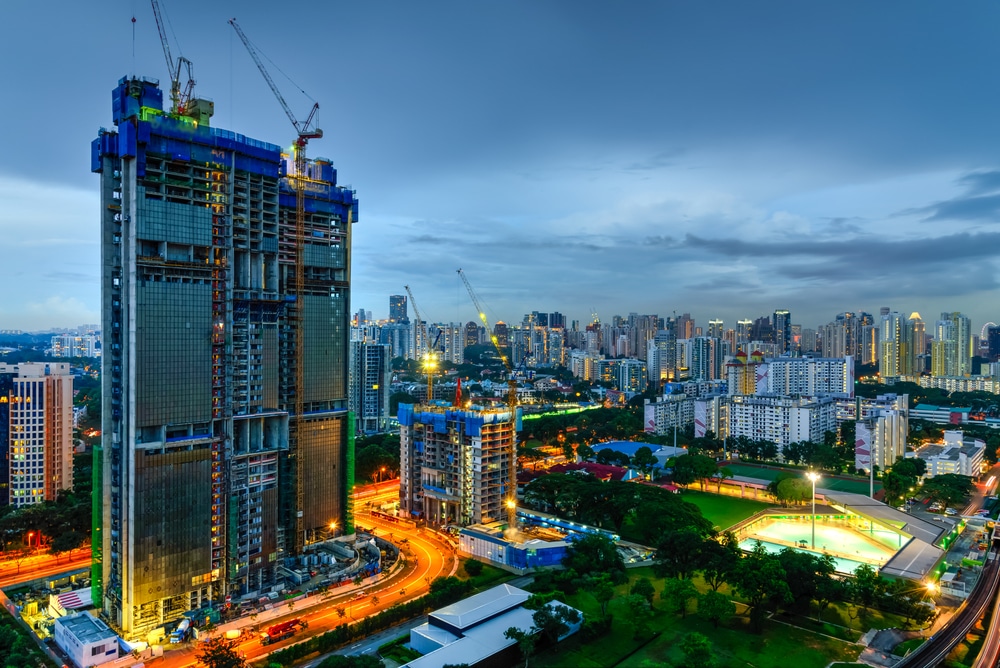
Tampines: Packed with Retail Options and an Excellent
Transport Network
Tampines is one of Singapore’s most popular locations for EC developments, thanks to its range of amenities, excellent transport network, and high demand from homebuyers.
In particular, Tampines North is a strategic location for ECs, as it’s surrounded by greenery yet well-connected to the city centre via Tampines MRT and Tampines Expressway.
Some of the upcoming EC projects in Tampines North include Tampines Street 62 and Tampines GreenGem, which offer 3- and 4-bedroom units with various layouts and sizes.
Tenet EC: Located Near Jurong Lake Gardens and Jurong
East.
Is it Worth the Hype?
Tenet EC is an upcoming executive condominium at Jurong East that generates buzz among homebuyers.
This is due to its prime location near Jurong Lake Gardens, Jurong East MRT, and numerous retail and dining options.
Tenet EC has 2- to 5-bedroom units priced from S$879,000 to S$1.
8 million, and is expected to be completed by 2027.
However, some buyers have raised concerns about its proximity to a potential high-speed railway project, which could affect its resale value in the future.
North Gaia EC: The Lush Greenery and Clustering Capability
of North Gaia Attract Homeowners
If you’re looking for a tranquil retreat tucked away from the hustle and bustle of city life, then North Gaia EC could be the perfect fit for you.
Located on Yishun Avenue, North Gaia offers a range of 3- and 4-bedroom units surrounded by lush greenery and a natural conservation area.
It’s also close to several primary and secondary schools, Yishun MRT station and shopping malls.
North Gaia EC is developed and sold by Hong Leong Holdings and Mitsui Fudosan Co Ltd and is expected to be completed by 2026.
Can I Buy an EC if I Currently Own an HDB Flat?
Understanding the HDB Regulations for Executive
Condominium Purchases
Yes, you can buy an EC if you own a Housing Development Board (HDB) flat, as long as you meet certain eligibility requirements.
For instance, you must have fulfilled the five-year MOP for your HDB flat and not disposed of any within the last 30 months.
You must also not own any other residential property within the next 30 months after you’ve obtained the Temporary Occupation Permit (TOP) for your EC.
What Happens If I Sell My HDB Flat After Purchasing an
Executive Condominium?
If you sell your HDB flat after purchasing an EC, you must fulfill certain requirements under the HDB’s regulations.
Firstly, you’ll need to pay a resale levy, a fee imposed on second-time HDB flat buyers who buy ECs or private condos.
The resale levy amount depends on the type and size of your HDB flat and ranges from S$30,000 to S$50,000.
Secondly, you’ll need to fulfill the MOP for your EC before you can sell it, rent it out, or transfer ownership.
Differentiating Between HDB ECs and Private ECs: Impact
on Your HDB Flat Ownership
If you buy an HDB EC, you’ll retain your eligibility to apply for new HDB flats or resale HDB flats in the future, subject to certain conditions.
However, if you buy a private EC, you’ll lose your eligibility to buy any HDB flat, whether new or resale.
This is because private ECs are not considered public housing and are treated as private properties after being fully privatized, typically after 10 years from the sale and purchase agreement date.
Understanding the Role of the Housing Development Board (HDB) in EC Developments
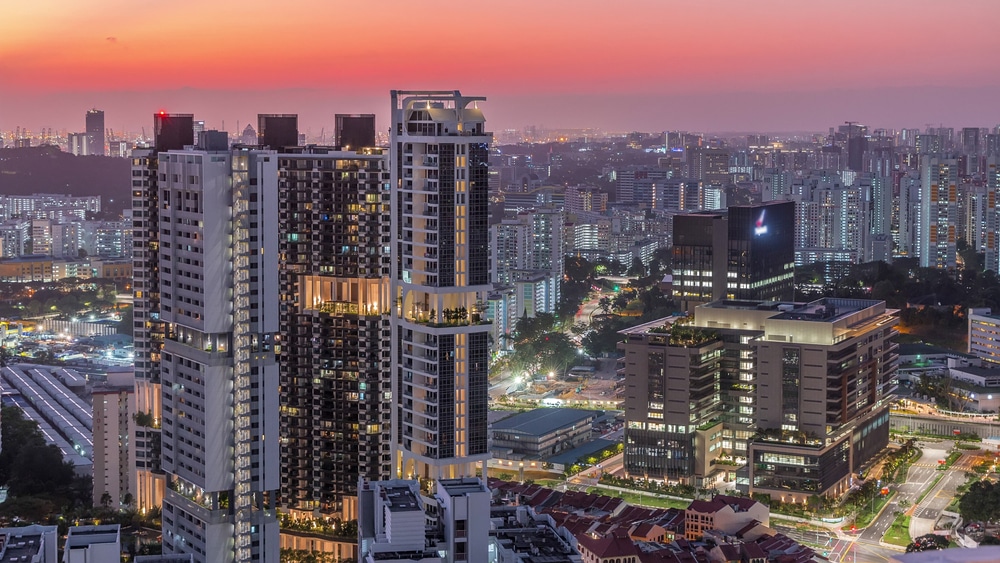
How the HDB Plays a Critical Role in EC Developments:
Land Cost and Site Plan
The Housing Development Board (HDB) plays a critical role in EC developments by providing land for the developers to build on.
The HDB acquires land through various means, such as state land sales, en-bloc sales, and government land tenders.
The cost of the land depends on its location, size, and zoning.
For instance, land in mature estates such as Tampines and Jurong tends to be more expensive than in newer estates such as Tengah and Punggol.
Available Units and Floor Plans: The HDB’s Roles and
Responsibilities
Once the HDB has awarded the land to the developer, it’s responsible for ensuring that it meets certain standards and requirements.
This includes setting the eligibility criteria for buyers,
The Pros and Cons of Purchasing an Executive Condominium (EC)
Benefits of ECs
One significant advantage of purchasing an EC in Singapore is that they are developed and sold by private developers, which means they have various facilities, lots of living space, and amenities such as swimming pools, tennis courts, and more.
Another significant benefit of ECs is that they are listed as an essential occupier, which makes it easier for buyers to access housing subsidies like the Family Grant and Half-Housing Grant.
Drawbacks of ECs
The downpayment required for ECs is higher than that of public housing, and you must wait five years before selling your unit.
Additionally, if you decide to sell before the five years elapse, you must repay a portion of the Housing and Development Board (HDB) subsidy you received at purchase.
Also, sandwiched flats may not be available at your desired location, and there are restrictions on who can purchase ECs.
Eligibility Conditions for Purchasing an EC
To buy an executive condo, you must be a first-time applicant or an existing owner of an HDB flat or EC who has sold the property.
When purchasing the flat, you must have met the executive condo eligibility criteria and received one CPF Housing Grant.
Another condition is that you must qualify under the income ceiling of $16,000 and not own any property overseas or locally.
Exploring the HDB Resale Market: Factors to Consider
Marital Status and Its Impact on Buying an EC
If you’re married, purchasing an EC caters to both your and your partner’s housing needs.
Only legally married couples can purchase an EC jointly, and you must not own any property or have disposed of any within 30 months from the date of your EC application.
Financing Options for EC Purchases
Plenty of financing options for purchasing an EC are available, including bank loans and HDB loans.
Consult with your trusted property consultant to choose the one that works best for you.
The Importance of Choosing the Right Conveyancing
Lawyer
Choosing the right conveyancing lawyer is essential to your EC purchase process.
A good conveyancing lawyer can help you go through your application, advise you on your obligations under the Sale and Purchase Agreement (S&P), and ultimately make the whole process go more smoothly.
Tips for a Smooth EC Buying Process: Insights from Singapore’s Development Board

Launch Frequency and Availability of Units
The launch frequency of ECs is subject to several factors, including government policies and market demand.
It is essential to stay informed with the help of platforms such as HouseTips, Telegram, and YouTube to ensure you get the most current and relevant information.
Understanding Floor Plans and Site Plans
Before making your purchase, take the time to study the floor plans, and site plans to better understand what you’re investing in.
The Tampines EC, for example, is located within a 10-minute bus ride to Tampines Mall and Century Square.
Navigating Social Media Communities and Trusted Property
Consultants
Social media communities, such as those on Facebook and Property Guru, can be an excellent source of insider information.
However, it is essential to ensure that you are working with a trusted property consultant and not a scammer pretending to be a trusted source.
Latest Developments and Upcoming EC Launches in Singapore
Tampines Avenue 11 EC Launch: All You Need to Know
The Tampines Avenue 11 EC Launch is an exciting development that offers residents access to a wide range of facilities, including a swimming pool and tennis court.
The project is within a 10-minute bus ride of Changi Airport and an MRT station, making it a fantastic choice for commuters.
Get Ready for Tampines North MRT’s Upcoming EC Launch
The upcoming Tampines North MRT’s EC launch is an excellent opportunity to invest in your future.
The project is minutes away from the Tampines Regional Center, and it’s conveniently located near the Adelaide and Tampines Greenridge shopping malls.
New EC Launch in Tampines St 62: Site Plan and Available
Units
The new EC launch in Tampines St 62 offers residents easy access to numerous amenities like schools, shopping centers, and recreational facilities.
There are a variety of units available, including three-bedroom and four-bedroom units.
Conclusion
In conclusion, understanding Executive Condominiums (ECs) in Singapore is crucial for homebuyers looking for an affordable yet luxurious housing option.
ECs offer various benefits, such as lower costs, exceptional facilities, and convenient locations.
Homebuyers can choose between purchasing a new EC or a resale EC, each with its advantages and considerations.
When buying an EC, it’s important to carefully assess factors like location, facilities, pricing, and eligibility criteria.
For those interested in exploring more about ECs, other blog articles are available that delve into specific topics.
These articles cover upcoming EC projects in 2023, eligibility criteria for purchasing an EC, differences between resale ECs and new ECs, and navigating the HDB resale levy.
By checking out these articles, readers can gain further insights into the EC market and make informed decisions.
Buying an EC is a significant investment, and thorough research is crucial to find the right EC that suits your needs and preferences.
Frequently Asked Questions
What is an executive condo (EC)?
An executive condo (EC) is a type of housing accommodation in Singapore that is classified as “public housing accommodation”, but has initial ownership restrictions and a minimum occupation period before it can be sold or fully privatized.
ECs are developed and sold by private property developers, but are governed by the Executive Condominium Housing Scheme Act and Executive Condominium Housing Scheme Regulations.
How does the ownership of an EC differ from other condos?
ECs are initially sold to eligible Singapore citizens and Singapore permanent residents only, with a maximum of 30% of the units reserved for the latter.
After five years, the ownership restrictions are lifted and the EC can be sold to any eligible buyer.
After ten years, the EC can be fully privatized and sold to non-eligible buyers, similar to other condos.
The minimum occupation period for an EC is five years.
What are the eligibility criteria for buying an EC?
The eligibility criteria for buying an EC include citizenship or permanent residency status, household income ceiling, and ownership of other types of property.
Only households with a monthly income that does not exceed a certain amount can purchase ECs.
Additionally, those who already own a unit from a property developer or have owned or disposed of a private property within the past 30 months are not eligible to buy an EC.
How is the price of an EC determined?
The price of an EC is determined through a bidding process, where property developers bid for land designated for EC development by the government.
The bid price is used as a base for determining the selling price of the EC units.
The selling price is also subject to a maximum Price PSF (per square foot) set by the government.
What are some upcoming ECs in Singapore?
Some upcoming ECs in Singapore include Tengah Garden Walk EC, Tengah Park EC, and Bukit Batok West Avenue EC.
These ECs are located near amenities such as schools, parks, and public transportation, and offer a mix of unit sizes to cater to different household sizes.
Can I sell my EC before the five-year minimum occupation period?
No, you cannot sell your EC before the five-year minimum occupation period.
If you need to sell your EC within the first five years, you can only do so under specific conditions, such as financial hardship, death, divorce, or emigration.
What is the Essential Occupier Scheme for ECs?
The Essential Occupier Scheme requires that at least one occupier listed in an EC application must be an essential occupier.
Essential occupiers are defined as parents, spouse, or children of the buyer, and are required to physically occupy the EC unit for the first five years of ownership.
Can I buy more than one EC?
No, you cannot buy more than one EC.
If you have already bought an EC before, you are not eligible to buy another EC.
Similarly, if you have already bought or own a private property or a unit from a property developer before, you are not eligible to buy an EC.
What happens if I do not fulfil the minimum occupation period?
If you do not fulfil the minimum occupation period for your EC, you will not be allowed to sell or rent out your unit.
You will also have to pay a resale levy if you choose to buy another EC or certain types of HDB flats.
How long does the EC application process take?
The EC application process takes approximately three weeks from the appointment date to complete.
If your application is approved, you will need to pay a booking fee to secure your unit.
The balance of the downpayment must be paid within nine weeks.












